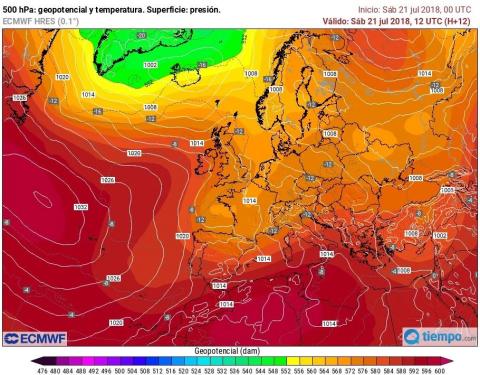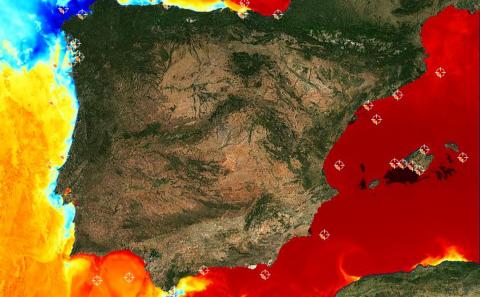Cities receive more rain than nearby rural areas
More than 60 % of the world's cities receive more precipitation than the rural areas around them, according to a study published in PNAS. The paper cites southern European cities such as Milan and Barcelona as examples of these ‘notable anomalies’, but adds that this phenomenon is not common in central and northern Europe. The research team analysed satellite and radar data from more than 1,000 cities around the world between 2001 and 2020.

240909 MCarmen lluvia EN
María del Carmen Casas Castillo
Professor at the Physics Department of the Universitat Politècnica de Catalunya (UPC-ESEIAAT)
Researcher at the Fluid Dynamics and Geophysical and Technological Applications group (DF-GeoTech)
The study presents an interesting analysis of an already known and documented phenomenon at the local level in several cities: the impact of urbanisation on precipitation and the formation of a specific urban climate, using data from more than a thousand locations around the world. This work expands our understanding of the phenomenon by analysing it from a broad perspective, allowing us to identify patterns and variations that may not be evident in individual local studies.
However, for specific applications in urban settings, such as the design and management of drainage and sewerage systems for flood prevention, it is crucial not to lose sight of the details and particularities of each city, which are fundamental for a complete understanding of the phenomenon in specific local contexts.
Xinxin Sui et al.
- Research article
- Peer reviewed



